ERP System that integrates all aspects of a business, from finance and inventory to human resources and customer relationship management.
Complexities of modern business, it can be challenging to keep everything in order. Every business owner knows the importance of organization and efficiency in running a successful operation.An ERP software is a comprehensive software solution that integrates all aspects of a business, from finance and inventory to human resources and customer relationship management. In this article, we'll explore why your business needs an ERP system today.
Here are some of the main reasons and benefits why organizations are implementing and using ERP:
Accounting & Finance Management
Powerful reporting and forecasting Features
Business management leaders
Instant access to global supply chains
Enable business leaders to identify challenges
Automate and streamline tedious tasks
Increase productivity
Key features of an ERP system:
Managing accounts payable, accounts receivable, fixed assets, and risks
Streamlining manufacturing processes and supply chain management
Providing features for financial planning and budgeting
Supporting project planning, execution, and monitoring
Offering internal controls and audit tools for risk mitigation
Ability to rapidly and easily scale across markets
providing unmatched speed, performance, security, and scale
ERP Gain Control Over Costs:
It allows businesses to analyze all expenses comprehensively, enabling them to identify areas for cost savings and make informed financial decisions
Why ERP is Important for Businesses?
Enterprise Resource Planning (ERP) is essential for businesses due to several reasons highlighted in various sources. It enables organizations to increase customer response times, eliminate repetitive tasks, consolidate data, improve team collaboration, and streamline operations. It can help businesses streamline processes in several ways:
Standardize business processes across departments and locations
Saves time and resources while lowering the possibility of errors
Enabling businesses to act swiftly and decisively
Enabling employees to work together more effectively
Allowing businesses to gain insights into their operations
Reasons Why Your Business Needs an ERP System:
From improved visibility and cost savings to scalability and enhanced customer service, it is a strategic investment for businesses looking to optimize operations and drive growth.
Here are some reasons why your business needs this system.
Improved Financial Reporting and Accounting Management: It is an essential component of a successful business operation. By enhancing financial reporting and accounting management practices, businesses can gain better insights into their financial health, identify areas for improvement, and ultimately drive growth and profitability. Implementing an integrated ERP software can streamline this process, freeing up resources for other important tasks. A centralized ERP platform also enhances visibility into key data, helping to provide a comprehensive overview of your business.
Streamlined Operations: It integrates various business processes into a single platform, facilitating smoother operations across departments. This integration minimizes manual data entry, reduces errors, and improves overall efficiency.
Centralized Data Management: With the help of ERP software businesses can store their business data in a centralized database, making it easier to access, update, and analyze information. This centralized approach enhances data accuracy and ensures consistency across the organization.
Improved Decision-Making: It provides real-time insights into key performance indicators (KPIs), enabling better decision-making at all levels of the organization. Access to accurate, up-to-date data empowers managers to make informed choices quickly.
Enhanced Collaboration: ERP software facilitates collaboration among different departments by providing a unified platform for communication and data sharing. It fosters teamwork, reduces silos, and promotes cross-functional collaboration.
Mobility and flexibility: It brings together all the data from different parts of a company into one place. This makes it easier to manage everything. The flexibility of this software provides the facility to work from anywhere is important nowadays. Today's ERP systems can do a lot of things using a central database, making sure everyone gets accurate information no matter where they are or what device they're using.
Increased productivity: It plays an important role in this endeavor by amalgamating data from various departments, effectively functioning as a secure repository. Essentially, this system serves as a robust fortress, enabling businesses to optimize resources and navigate the intricacies of modern operations with confidence.
Benefits of Implementing an ERP System in a Business:
Implementing an Enterprise Resource Planning (ERP) system in a business offers a wide range of benefits that can significantly enhance operations and drive growth. Here are some key advantages highlighted:
Offer dedicated security resources
Ensuring data integrity and protection against malicious software
Provides better access to customer information
leading to faster response times
Improved order accuracy
Enhanced customer experiences
Automate mundane tasks
Increased efficiency
Reduced manual errors
Providing real-time insights
Offer better visibility into operations
Enabling informed decision-making
Overall, implementing an ERP system not only streamlines operations but also boosts productivity, reduces costs, enhances customer relationships, improves data security, and provides a competitive edge in today's dynamic business environment.

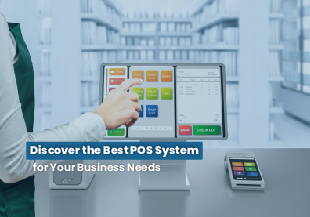
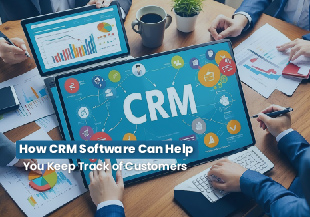
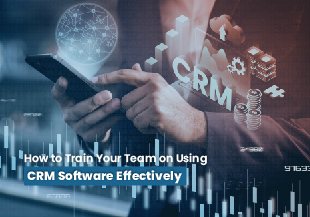
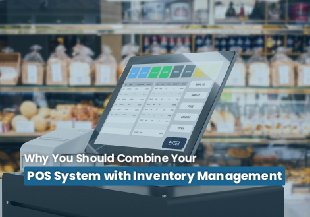
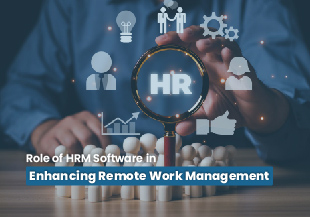
 Chat with Prismatic Bot
Chat with Prismatic Bot